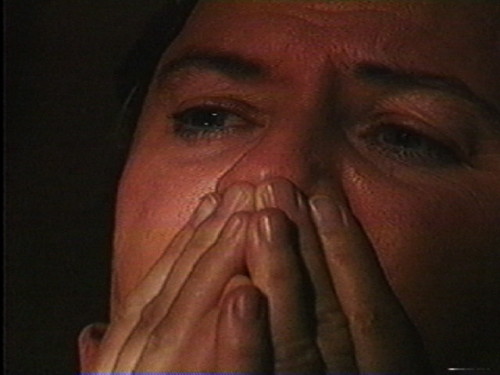
The Awakening of Elizabeth Shaw
Eva Manly and Paul Manly
1996, 25:00 minutes, colour, English
TAPECODE 238.06
In 1898 Elizabeth Shaw went to the Tsimshian village of Port Simpson in Northern B.C. and worked for five weeks as the Matron of the Crosby Boys' Home, a residential setting for First Nations children. She was extremely upset by what she saw at the home and left. Later, while teaching in Greenville-Lakalzap, she wrote a letter to the Women's Missionary Society of the Methodist Church describing the bad food and harsh treatment at the Home and detailing a case of physical abuse of a young woman there. Excerpts were forwarded to the Superintendent of the Methodist Church in Toronto who arranged for an investigation. When the investigative report was released stating no change of management was recommended, Mrs. Shaw suffered a breakdown of her health and returned to Ontario.
Five years later, in response to complaints of the same nature from parents and from the Village Band Council, Rev. A.E. Green, the School Inspector and former Methodist Missionary to the North Coast, initiated an investigation which resulted in the Principal's immediate resignation.
Elizabeth Shaw died in the Brockville Asylum in 1917.
Based on Mrs. Shaw's original letter The Awakening of Elizabeth Shaw combines an impassioned reading with photographs, other archival material and moving images. This video documents one white woman's response to the unfair and inhumane treatment of First Nations children in British Columbia's residential schools.
Rental and Sales
Single Screening Rental | $190.00 |
Educational Purchase DVD (Bluray +$15) | $260.00 |
5 Year Educational Streaming License, Digital File with DVD Circulation Copy | $550.00 |
Gallery Exhibition and Installation, complete Media Request form for quote | |
Institutional Archival Acquisition, complete Media Request form for quote |
Curators and programmers, please contact distribution@vtape.org to receive a login and password to preview Vtape titles online.
Screening and exhibition rentals and archival acquisitions include public performance rights; educational purchases or licenses include rights for classroom screenings and library circulation. When placing an order the customer agrees to our general online terms and conditions. Payment (or a purchase order number) and a signed licensing agreement must be received before media can be shipped to the client.
